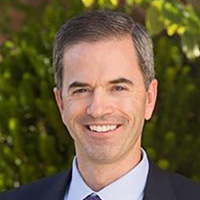Gilbert Criminal Lawyer, Arizona
Sponsored Law Firm
-
 x
x

Click For More Info:
-
Rideout Law Group
4645 S Lakeshore Drive Suite 6 Tempe, AZ 85282» view mapCriminal Defense & Divorce & Family Law Experienced and Professional
Rideout Law is a results-driven criminal defense law firm, known for its team of experienced trial attorneys who are ready to fight for you and your particular case.
800-769-8231
Alison C. Briggs
✓ VERIFIEDAlison Briggs is very knowledgeable and efficient. She really cares about her clients needs. No situation is ever too difficult for her to handle. Mis... (more)
Craig Raymond
✓ VERIFIEDCraig Raymond, an attorney at My AZ Lawyers, has been practicing law in Arizona Nearly 25 years. Mr. Raymond understands the impact and privilege of h... (more)
Jeremy S. Geigle
✓ VERIFIEDJeremy earned his undergraduate degree from the Marriott School of Management at Brigham Young University in 1998. He then attended Pepperdine Univers... (more)
Marc J. Victor
✓ VERIFIEDMarc J. Victor Bar number – 016064 AZ is a certified Criminal Law Specialist by The Arizona Board of Legal Specialization and is admitted in Arizona... (more)
Ryan McPhie
✓ VERIFIEDGrand Canyon Law Group (formerly McPhie Law) was created to fight for the little guy. We pride ourselves on being the law firm that fights hard and pu... (more)
Kristin Dawn Mcphie
Kristin is a nationally recognized attorney admitted to practice in Arizona, the Navajo Nation, Salt River Pima Maricopa Indian Community, Gila River ... (more)
 Bradlee Rideout Tempe, AZ
Bradlee Rideout Tempe, AZ Practice AreasExpertise
Practice AreasExpertise











